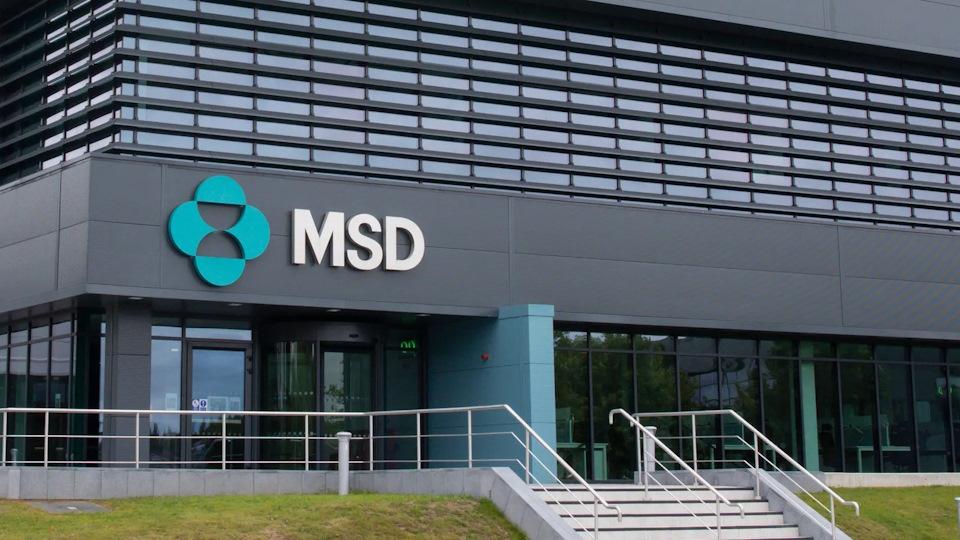MSD adds bispecific cancer antibody via $1.3bn Curon deal

MSD has an extensive pipeline in oncology but hasn't been a player in bispecific antibodies. Now, it has bolted on a bispecific via a $1.3 billion licensing deal with Curon Biopharma.
The big pharma is paying $700 million upfront for full global rights to CN201, a CD3xCD19 bispecific which is in early-stage clinical development for B-cell-associated diseases, including cancers and autoimmune diseases, with $600 million in additional payments tied to its clinical development and regulatory approvals.
CD19 is a well-established target in B-cell cancers, targeted for example by Novartis' Kymriah (tisagenlecleucel) and Gilead Sciences' Yescarta (axicabtagene ciloleucel) – both CAR-T therapies – as well as by Amgen's bispecific CD3xCD19 T-cell engager (BiTE) Blincyto (blinatumomab) and Incyte's anti-CD19 antibody Monjuvi (tafasitamab).
According to MSD's head of R&D, Dean Li, "early clinical data [has] provided robust evidence for the potential of CN201 to target and deplete circulating and tissue B-cells with the potential to treat a range of malignant and autoimmune diseases."
The bispecific is currently in a phase 1 study in relapsed or refractory non-Hodgkin's lymphoma (NHL) and phase 1b/2 for relapsed or refractory B-cell acute lymphocytic leukaemia (ALL). In NHL, it could provide an off-the-shelf alternative to the CAR-T cell therapies – which require a cumbersome production process – and potentially be a safer option than Blincyto, which has well-established tolerability issues, for ALL.
MSD – known as Merck & Co in the US and Canada – said preliminary data shows CN201 has activity in B-cell cancers and is well tolerated, and will be developed further for blood cancers and as a "novel, scalable option for the treatment of autoimmune diseases."
Earlier this year, Blincyto showed signs of efficacy in an investigator-led trial involving patients with rheumatoid arthritis, reinforcing the potential of CD3xCD19 therapies in autoimmunity.
For MSD, the deal marks another attempt to expand its oncology pipeline with future drug candidates that could help reduce its reliance on checkpoint inhibitor Keytruda (pembrolizumab), which contributed $7.3 billion of its total revenues of $16.1 billion in the second quarter of this year.
Other companies with CD3xCD19 bispecific therapies in clinical testing include AstraZeneca's AZD0486, acquired as part of its $1.3 billion takeover of TeneoTwo in 2022, which is in early-stage clinical development for relapsed/refractory NHL and ALL.
Another is Cullinan Therapeutics, whose CLN-978 candidate is due to start trials in the coming months in systemic lupus erythematosus (SLE) and rheumatoid arthritis.












